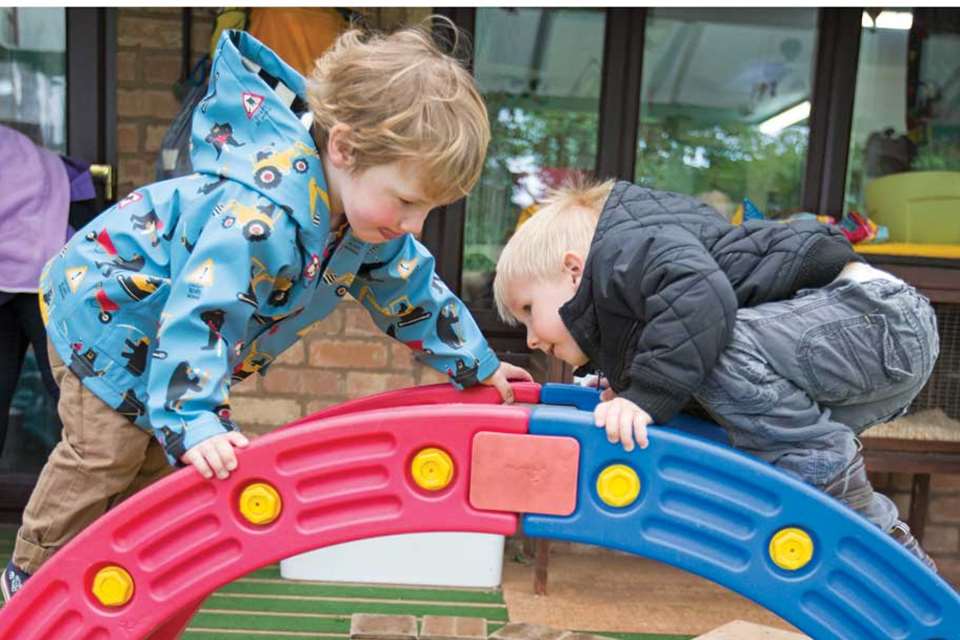'Learning to learn' boosts children's development
Friday, April 27, 2018
Children as young as three can benefit from developing ‘learning to learn’ skills, which can boost children’s attainment by seven months, according to new research.

A child's developing awareness of their own mental processes is known as metacognition.
A new report by the Education Endowment Foundation says that evidence shows that developing children’s metacognition can be particularly beneficial for disadvantaged children.
It offers seven practical, evidence-based recommendations to support teachers to develop metacognitive skills in their pupils and ‘myth busts’ common misconceptions.
In primary school, this could mean that pupils learn different strategies for remembering different English spelling patterns, so that they’re able to spell more difficult words.
One misconception focuses on the belief that metacognition can only be developed in older pupils. According to the report, 'children as young hve been able to engage in a wide range of metacognitive and self-regulatory behaviours, such as setting themselves goals and checking their understanding. They also show greater accuracy on tasks they have chosen to accept than on tasks they would have preferred to opt of.'
The report, Metacognition and self-regulated learning, is aimed at teachers and practitioners in early years, primary, secondary and post-16 settings.
Sir Kevan Collins, chief executive of the Education Endowment Foundation (EEF), said, ‘On a very basic level, metacognition is about pupils’ ability to monitor and direct their learning. Effective metacognitive approaches get learners to think about their own learning more explicitly, usually by teaching them to set goals, and monitor and evaluate their own academic progress.
‘But teaching metacognition is easier said than done. It’s not just about “thinking skills” and there’s certainly no simple method or trick. We know that learners will develop some of these skills naturally, and most teachers will be supporting metacognition in their teaching without realising it.
‘But with a large body of international evidence telling us that, when properly embedded, these approaches are powerful levers for boosting learning, it’s clear that we need to spend time looking at how to do this well.’
He added that the report ‘aims to bring clarity to an area of teaching and learning that holds so much promise, but that can be difficult to implement’.





